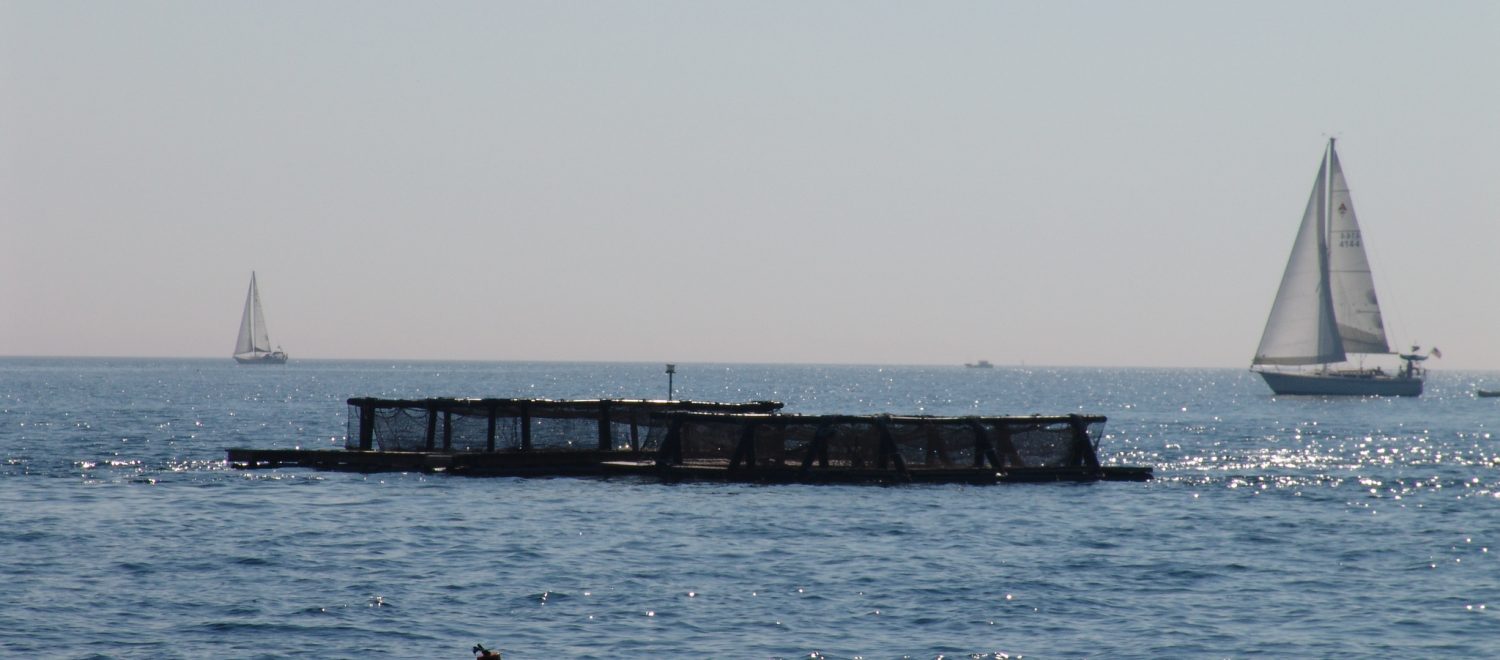
The National Sea Grant Law Center at the University of Mississippi School of Law will advance the sustainability of aquaculture, thanks to recent grants totaling more than $300,000.
The National Oceanic and Atmospheric Administration awarded $16 million in grants for 42 projects nationwide through the National Sea Grant Program. The NSGLC at UM Law received $310,000 for two separate projects.
Stephanie Otts, director of the NSGLC, said the projects were chosen among 136 proposals and require a 50% match of non-federal funds.
“We are very excited about these opportunities to conduct legal research and facilitate national conversations to address crucial law and policy issues facing the aquaculture industry today,” Otts said.
The first project led by the NSGLC, supported by $212,977 in federal funds, is the development of model law or guidance for state use in the sale of seaweed as food. Through initial research, the NSGLC and its partners identified a lack of federal framework for the regulation of seaweed as a food source, leaving states unsure of how to structure regulatory approaches. As a result, the growth of seaweed aquaculture has been impeded.
The NSGLC aims to develop a collaboration among states, improve stakeholder understanding of regulatory options and guide the states with the implementation of policy. The center and its research partners will identify regulatory models for the sale of seaweed in its whole form as food, work with stakeholders and develop an open discussion on preferred policy options and develop a model law or regulation.
Aquaculture involves the farming of seafood and other organisms for widespread consumption. Currently, the U.S. imports 85% of its seafood, leading to a $14 billion trade deficit. In order to meet the growing demand for seafood, NOAA and its sea grant partners are working to grow aquaculture in the U.S. in a regulated and sustainable way.
“Seaweed has been recognized as a vital food source for the future, and currently Asian countries are far outpacing the U.S. market,” said Catherine Janasie, research counsel for the NSGLC. “Not having a federal framework for the sale of seaweed in its whole form as a food source is an impediment to the growth of the industry in the U.S. This project is a vital step in getting states together to collaboratively develop a regulatory path forward for the seaweed industry.”
The second project, supported by $97,129 in federal funds, will examine the advancement of offshore aquaculture in the U.S. Exclusive Economic Zone. In its proposal, the NSGLC identified the lack of federal framework for long-term authorization of aquaculture operations, which includes the physical occupation of space in the EEZ.
“Regardless of the type of aquaculture practiced, from using fixed cages to raise finfish to culturing algae suspended from ropes or floating racks, aquaculturists need a legal right to occupy a given area of the ocean,” Otts said.
Currently, permits issued by federal agencies do not address tenure, meaning the legal right to farm in a specified area over a period of time long enough to develop a viable business is lacking. The NSGLC will assess the current debate regarding offshore tenure for aquaculture and host a collaborative workshop involving stakeholders to discuss policy preferences, legal frameworks and current needs.

